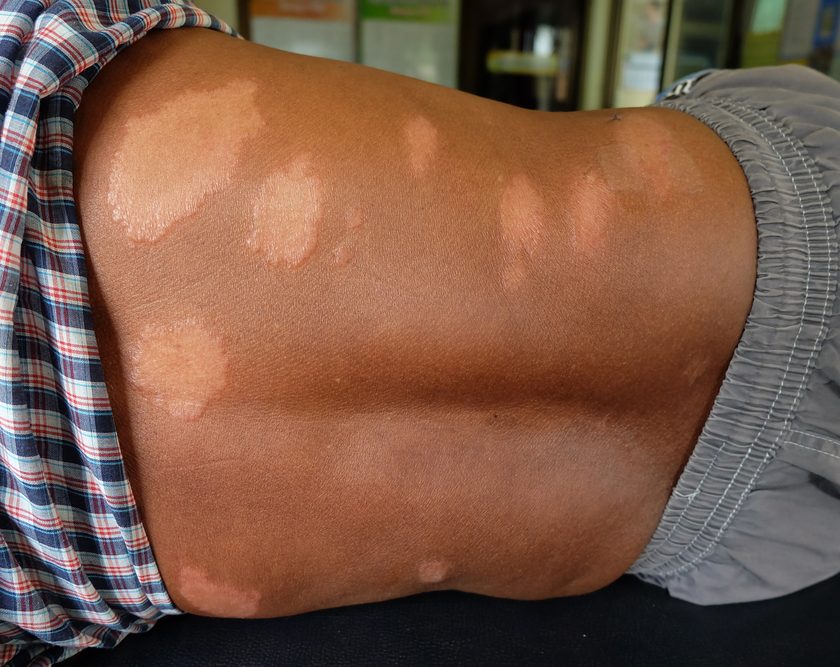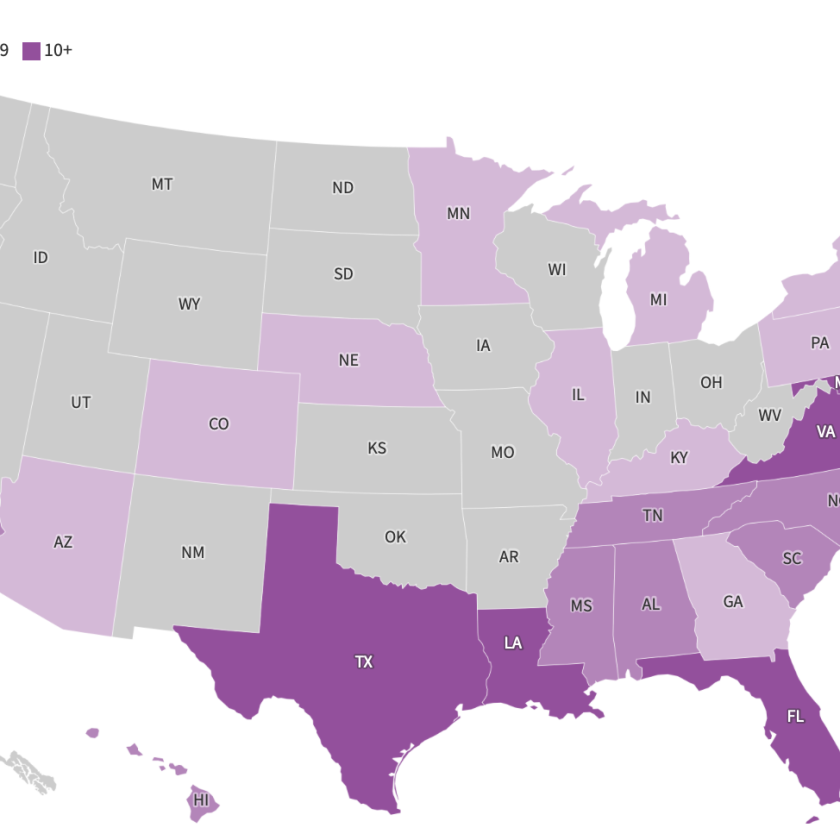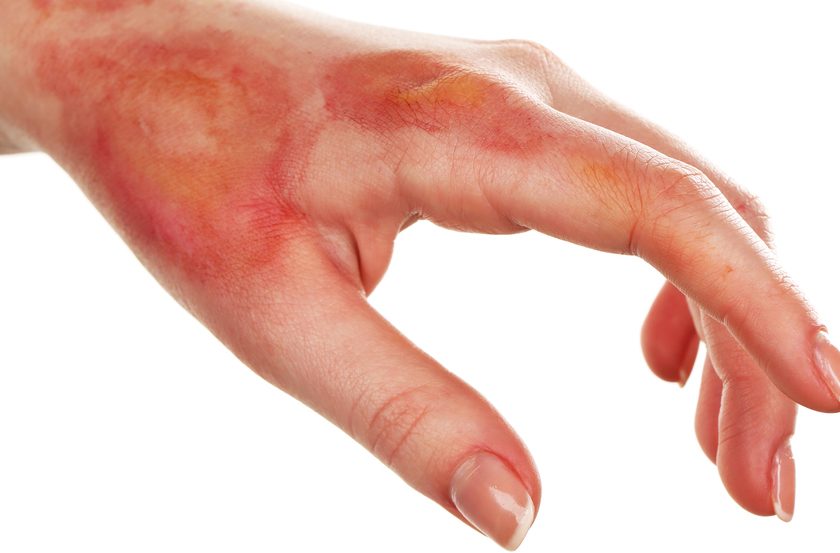Factors affecting medication adherence in patients with diabetes identified
Factors associated with better adherence to antidiabetic medications taken by patients with diabetes include older age, male sex, higher education, higher income, use of mail-order vs. retail pharmacies, primary care vs. nonendocrinology specialist prescribers, higher daily total pill burden, and lower out-of-pocket costs.
“Determinants of adherence to diabetes medications: Findings from a large pharmacy claims database,” published in Diabetes Care, also found that patients who are new to diabetes therapy are less likely to be adherent. The study included more than 200,000 patients who were treated for diabetes with noninsulin medications.
LMW heparin may improve healing of chronic venous ulcers
International Wound Journal has published “Low molecular weight heparin improves healing of chronic venous ulcers especially in the elderly,” a study that included 284 patients.
The healing rate for those receiving low-molecular-weight (LMW) heparin was around 80% at 12 months, compared to around 60% for those who didn’t receive heparin. Older patients received the most benefit and also had the lowest recurrence rate.
Comparison of dressings for pediatric donor skin-graft sites
Compared to foam and hydrofiber, calcium alginate is the optimum dressing for pediatric donor skin-graft sites, according to a study in the Journal of Burn Care & Research.
“Management of pediatric skin-graft donor sites: A randomized controlled trial of three wound care products” included 57 children, and the median size of the donor site was 63.50 cm2. The median days for healing for those in the calcium alginate group was 7.5, compared to 8 days for hydrofiber and 9.5 days for foam.
Insulin pump clinical safety appraised
“Insulin pump risks and benefits: A clinical appraisal of pump safety standards, adverse event reporting, and research needs,” is a Joint Statement of the European Association for the Study of Diabetes and the American Diabetes Association Diabetes Technology Working Group published in Diabetes Care. The article contains several recommendations for reducing adverse effects caused by user error, including:
- Select appropriate candidates for pump therapy.
- Provide those beginning pump therapy with appropriate and ongoing education and support.
- Ensure that healthcare professionals supporting pump users are themselves well trained and supported.
The article also notes that the clinical studies required before marketing an insulin pump are “small and over-reliant on bench testing” and that once a pump is on the market, “insufficient data are made publicly available on its long-term use in a real-world setting.”
Resistance training may improve lymphedema
According to a poster presented at a Florida State University symposium, “Resistance training improves muscular strength and lymphedema in breast cancer survivors,” 33 female participants experienced moderate- to high-intensity resistance therapy over 12 weeks. The researchers found that participants tolerated therapy well and that lymphedema was significantly decreased.
Ability to stop insulin varies with bariatric surgery type
“Insulin cessation and diabetes remission after bariatric surgery in adults with insulin-treated type 2 diabetes,” published in Diabetes Care, found that patients who had Roux-en-Y gastric bypass surgery were more likely than those who had laparoscopic adjustable gastric banding to be able to stop insulin after surgery.
Pilot studies find acupuncture reduces lymphedema
“Acupuncture research at Memorial Sloan Kettering Cancer Center” reports acupuncture significantly reduces arm circumference in patients with lymphedema.
The article, published in the Journal of Acupuncture and Meridian Studies, discusses two pilot studies that indicate acupuncture is safe for patients who have had breast cancer surgery.
Clinical practice guidelines for ostomy surgery released
Diseases of the Colon & Rectum has published “Clinical practice guidelines for ostomy surgery.” The American Society of Colon and Rectal Surgeons developed the guidelines, which discuss ostomy creation, closure, and complications.
The guidelines state that the “optimal care for patients undergoing ostomy surgery includes preoperative, perioperative, and postoperative care by an ostomy nurse specialist.”
DISCLAIMER: All clinical recommendations are intended to assist with determining the appropriate wound therapy for the patient. Responsibility for final decisions and actions related to care of specific patients shall remain the obligation of the institution, its staff, and the patients’ attending physicians. Nothing in this information shall be deemed to constitute the providing of medical care or the diagnosis of any medical condition. Individuals should contact their healthcare providers for medical-related information.






